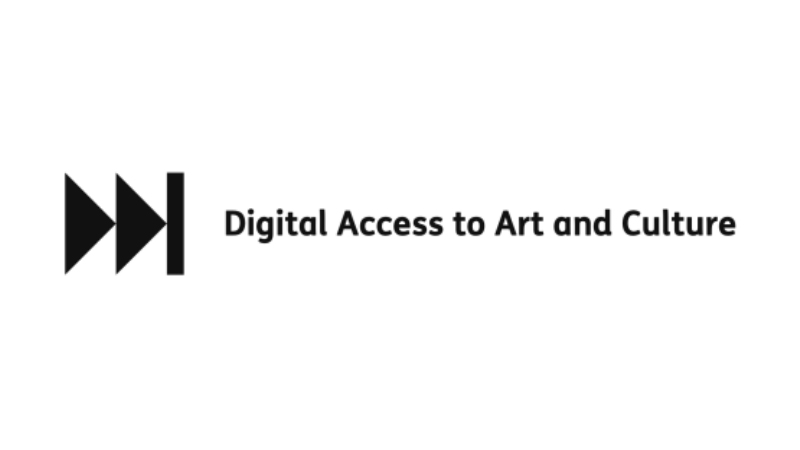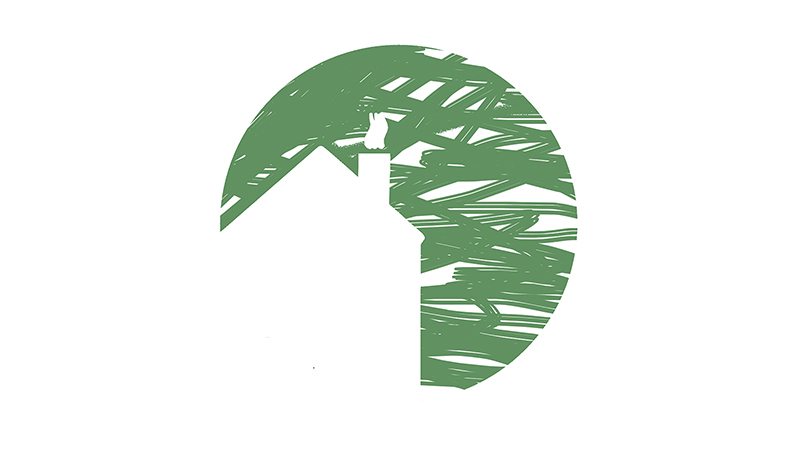Innovation and adaptation, including the move to digital, has been a feature of individual and organisational response to the pandemic across the arts and creative sector.
Arts and Humanities research exploring this has exposed a need for wide-ranging skills development and training in the cultural sector to support future inclusion and accessibility and to ensure continued innovation. There is a need to build on technological advances made during COVID to support new ways of working and economic resilience, post-pandemic.
Researchers have also highlighted training needs and skills gaps in the public sector around data management to support and build public trust, in management of natural environments and public spaces to promote wellbeing, and in teaching critical thinking in education. Studies have developed principles to inform training in leadership designed to help build a fairer and more equitable cultural sector, and methods that can help healthcare staff to communicate more effectively.
Projects
Arts and cultural sectors
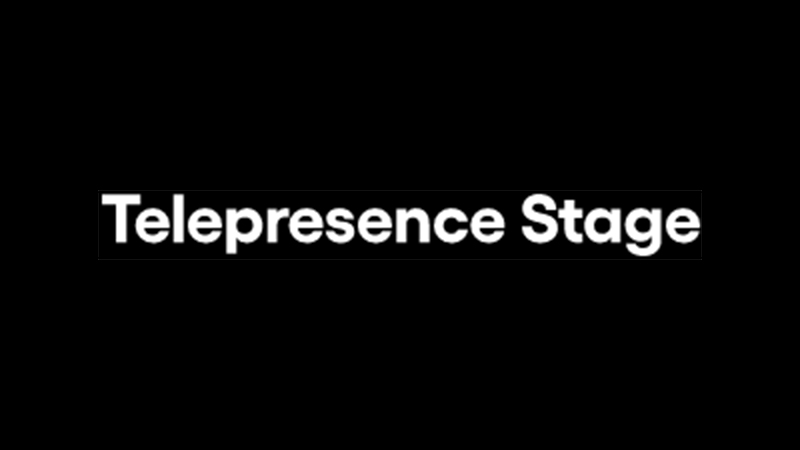
Collaborative Solutions for the Performing Arts
A Telepresence Stage
Professor Paul Sermon
(University of Brighton)
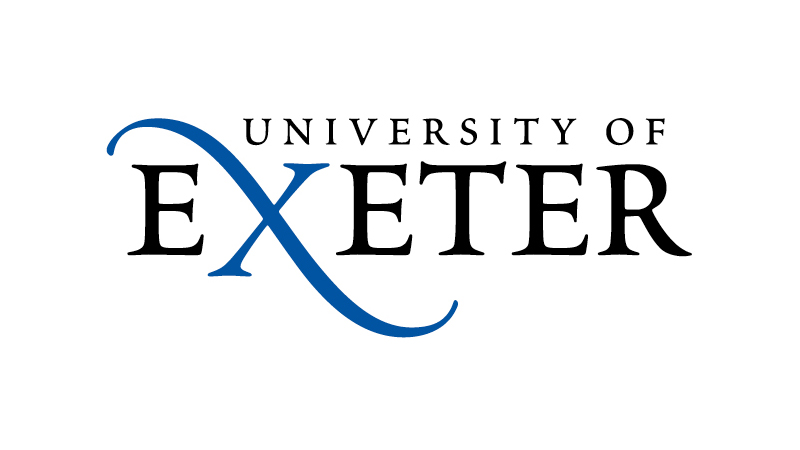
Digital Theatre Transformation
A Case Study and Digital Toolkit for Small to Mid-Scale Theatres in England
Professor Pascale Aebischer
(University of Exeter)
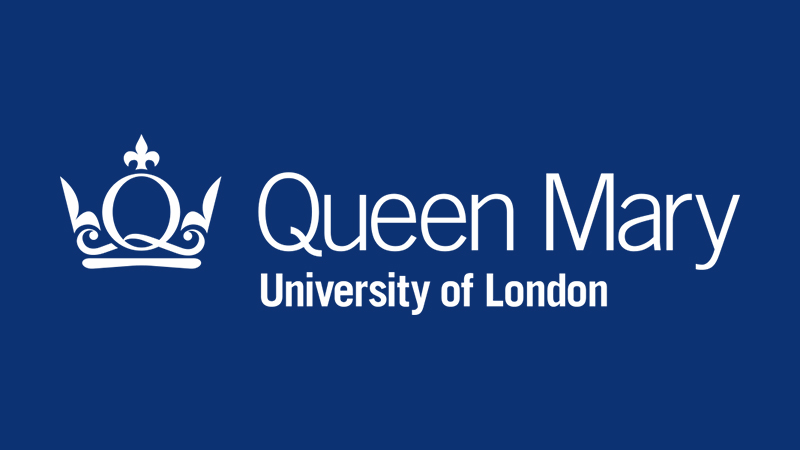
Far Apart UK
Looking Beyond Lockdown – How UK Arts Organisations Can Continue To Support Young People’s Wellbeing During COVID-19
Professor Paul Heritage
(University of London)

HEartS Professional
The Health, Economic and Social Impact of COVID-19 on Professionals in the Arts
Professor Aaron Williamon
(Royal College of Music, London)
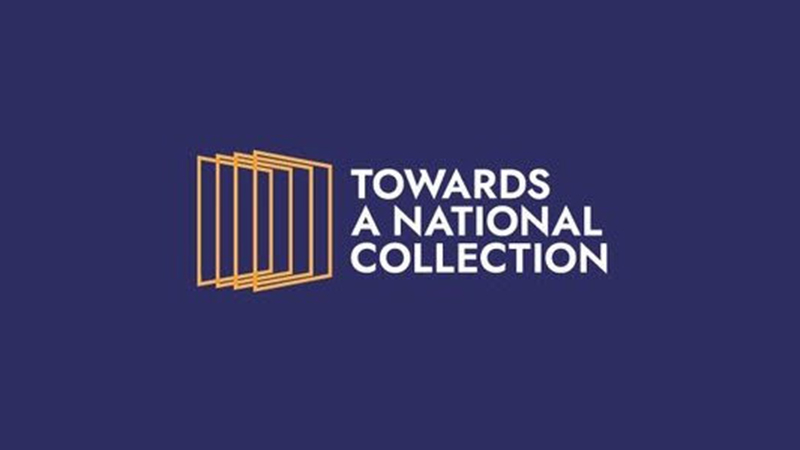
Making it FAIR
Understanding the Lockdown ‘Digital Divide’ and the Implications for the Development of UK Digital Infrastructures
Professor Julian Richards
(University of York)
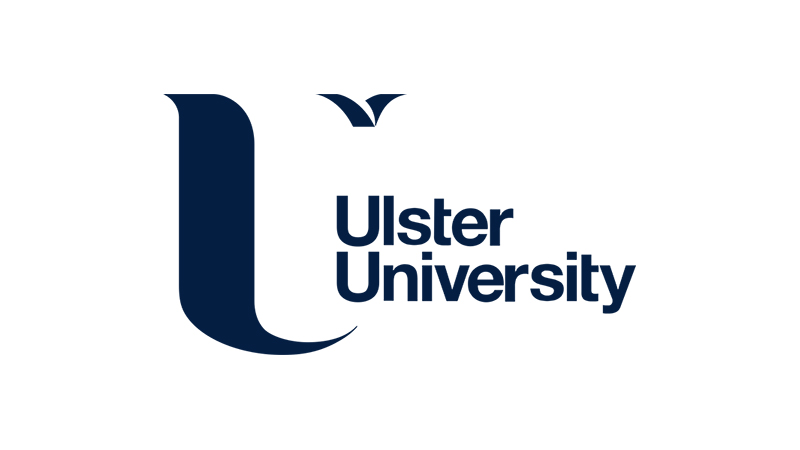
Museums, crisis and COVID-19
Vitality and vulnerabilities
Professor Elizabeth Crooke
(Ulster University)

Outside the Box
Open-air performance as a pandemic response
Dr Evelyn O’Malley
(University of Exeter)

Performing Leadership Differently
Co-creating Collective Strategies for Change
Dr Amitabh S Rai
(Queen Mary University of London)
Public sector and organisations
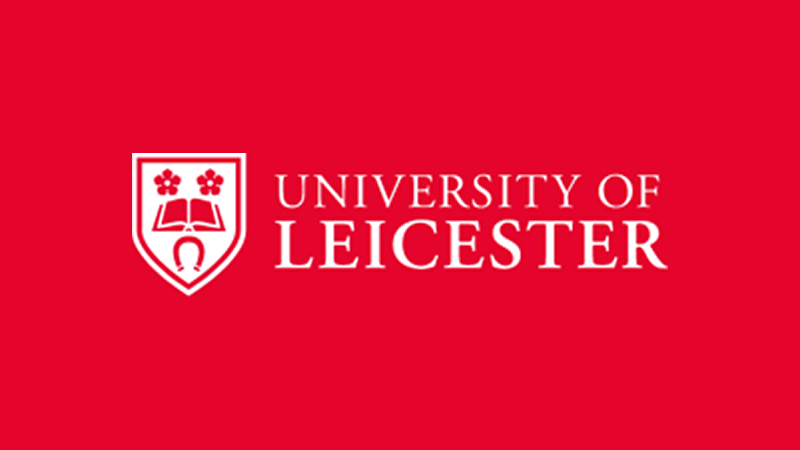
Combatting Gendered, Sexual and Online Harms and Risks During the COVID-19 Pandemic
Developing Resources for Young People, Parents and Schools
Professor Kaitlynn Mendes
(University of Leicester)

Comics in the time of COVID-19
Tracking data on web-based comics and evaluating their potential for communicating public health messages
Professor Anna Feigenbaum
(Bournemouth University)
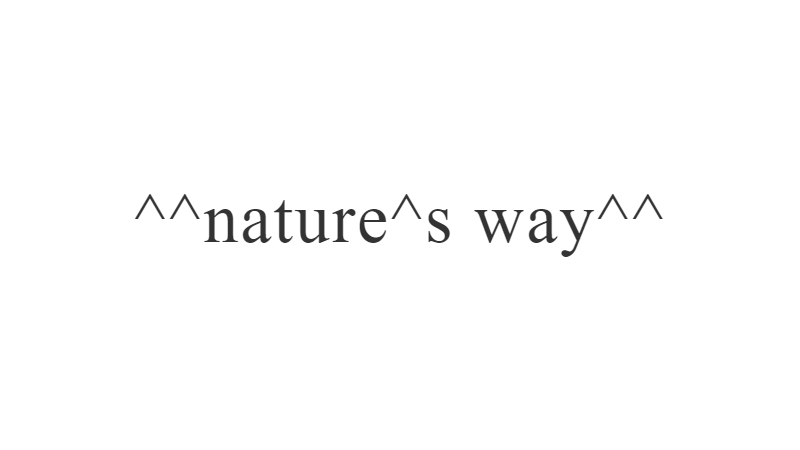
Nature’s way
Co-creating methods for innovating nature-based solutions for public health and green recovery in a post-covid world
Dr Qian Sun
(Royal College of Art)
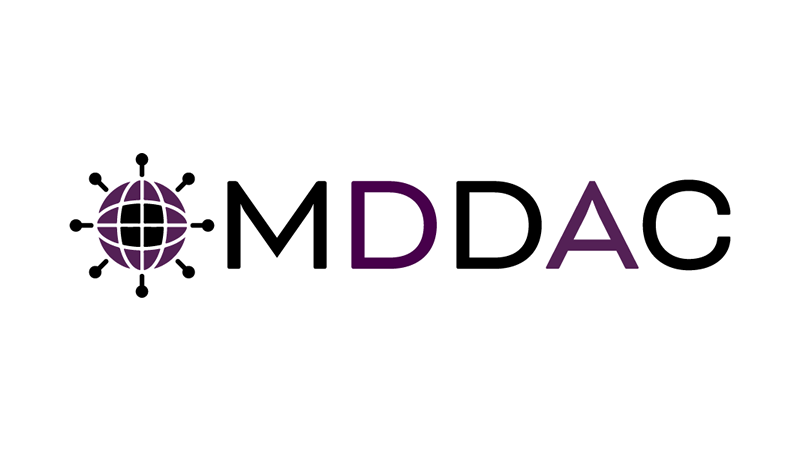
OMDDAC
The Observatory for Monitoring Data-Driven Responses to COVID-19
Dr Marion Oswald
(Northumbria University)
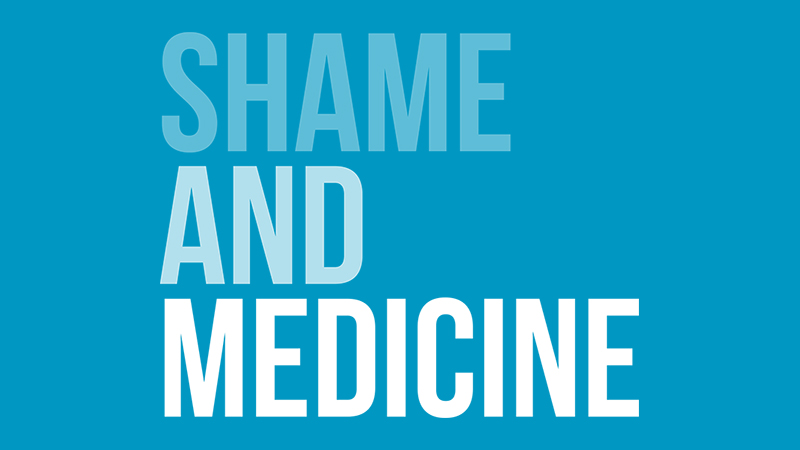
Scenes of shame and stigma in COVID-19
Professor Luna Dolezal, Dr Arthur Rose, and Dr Fred Cooper
(University of Exeter)

